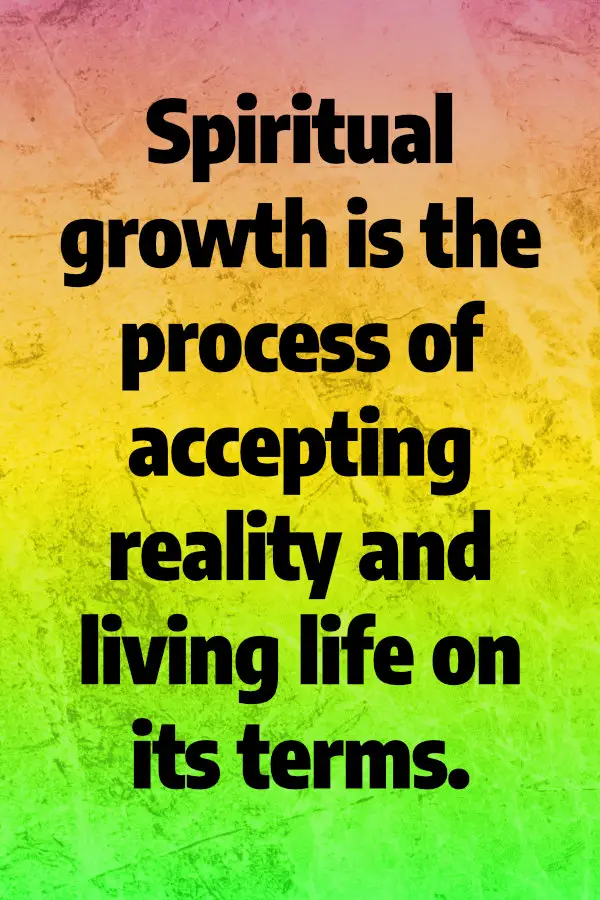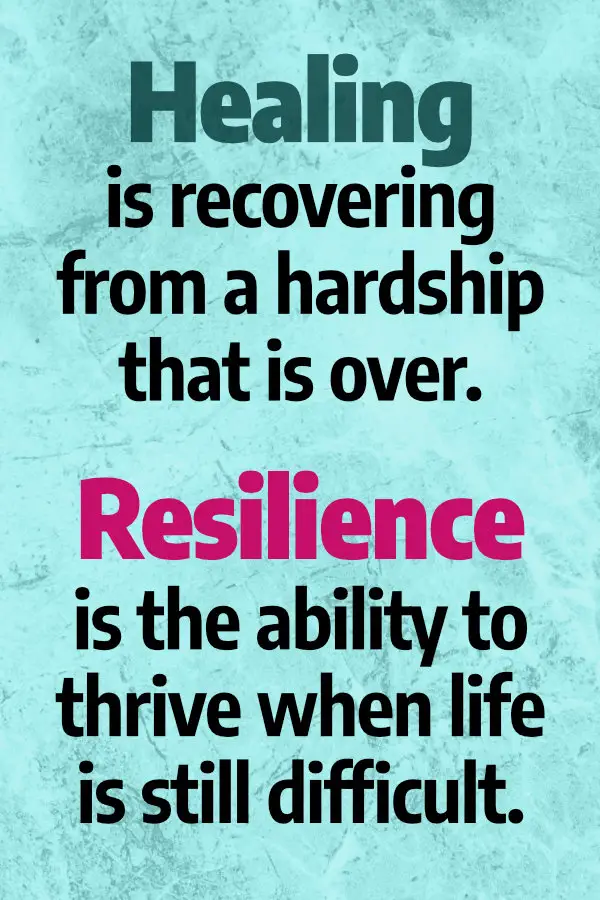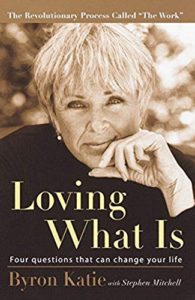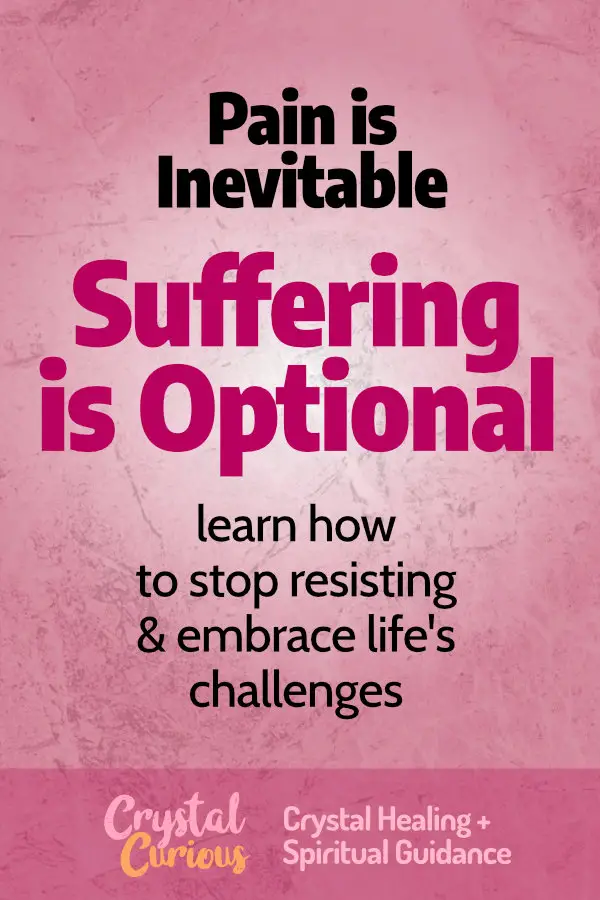Avoiding pain is built into our human nature. Unfortunately, this can end up creating a lot of dysfunctional (often unconscious) behaviors that actually increase our suffering.
In this article, I break down how to shift from an avoidance to a resilient mindset, so you can fully live life with an open heart.
Table of Contents
Pain vs Suffering
First, let’s get clear on the difference between pain and suffering.
Pain is a feeling. It is information from your body that something is hurting you or your needs are not being met. For example, when you touch a hot stove, your body sends a message to your brain to stop doing that by saying, “OUCH!”. Pain can be physical or it can be emotional. When someone is rude to you, the emotional pain tells you that your need for consideration is not being met.
Suffering is the result of resistance to pain. It is another layer of pain on top of your original pain. And just like the original pain, this pain is telling you that your need aren’t being met. But the cause of it isn’t life or something outside of you–it’s yourself. You cause your own suffering. You add that extra layer on that is not necessary.
Pain is part of life. Suffering is what happens when you resist, deny, suppress, or attach to the pain.
Here are some examples of suffering–totally unnecessary pain that you are adding on to an already painful situation:
- criticizing yourself for failing a task
- telling yourself that you should have known better
- over-eating because you are avoiding feeling grief
- being angry at someone for being where they are at when you wish they would change
Suffering is caused by painful strategies that we try to use to meet our needs.
For example, when we criticize ourselves, we are attempting to self-educate ourselves so we don’t do it again. However, we are also adding some pain in there in the mistaken idea that it will motivate ourselves to do better next time. We already have the pain of failure (not meeting our own expectations). We don’t actually have to add another layer of self-rejection.
Over-eating or other avoidance strategies are an attempt to pretend grief or pain will go away on its own. We all know that isn’t true. So we are just prolonging the inevitable and adding another layer of pain to work through when we face the effects of whatever we have been using to avoid the pain.
Being angry at a situation or person that isn’t changing the way we like is resisting the fact that we are not in control of other people. It’s also a way to avoid the feelings of disappointment or the pain of having to make a decision to leave or change a situation.
- If you failed or made a mistake, that’s just true. You can’t undo that with self-criticism.
- If you have lost something or someone, avoiding the feeling of loss won’t bring them back.
- We can’t change other people by being angry at them. All we are doing is causing both of us to suffer.
The solution is to accept and embrace reality, no matter how painful it is, and see it for what it is.
But how do we do that? It seems like avoiding pain is built into our nervous system.
Well, the honest truth is you have to make a choice to accept things you don’t like.
This is part of emotional maturity. So much of the chaos in our lives is caused by not being willing to accept that life doesn’t always work the way we want it to.
Learning to accept & embrace reality is a process.
This is definitely not something that happens overnight. I don’t want this post to become another expectation that you use to beat yourself up.
The fact is that our brain becomes wired to avoid pain and to engage in these self-destructive patterns to do so. That is also just another part of being human that has to be accepted.
So I’m not lecturing you to do a better job. I’m just trying to remind you that there is an alternative to fighting reality all the time. And this is as much for me as anyone else, because I am still learning this lesson.
Here are 5 suggestions to help you shift into acceptance.
1. Simple phrases that affirm acceptance
 This is a super easy way to work on acceptance every day. Just speak what is true and add “and that’s OK” or “and that’s part of life” at the end.
This is a super easy way to work on acceptance every day. Just speak what is true and add “and that’s OK” or “and that’s part of life” at the end.
- I failed the test and that’s OK.
- I haven’t lost any weight on this diet and that’s OK.
- My friend is sick and that’s part of life.
- I am getting divorced and that’s part of life.
Now you may look and that and scream but those are not OK! Well, that’s the practice. Unfortunately, these are indeed all possible outcomes in life. You can resist it all you want, but it won’t change reality.
Spiritual growth is the process of accepting reality and living life on its terms.
2. Allow yourself to grieve transitions – even small ones
We think of grief as a dramatic period of intense sadness over a major loss, but grief is actually something we experience all the time. It is just the natural byproduct of change.
This is because we inevitably get attached to “the way things are”. This is true even if the way things are is unpleasant or uneventful and the change is positive or exciting.
There is always the reminder that time is passing, and life never stays the same.
These moments require grieving. This doesn’t have to be complicated–it’s usually as simple as acknowledging the meaning that things have for you.
For example, if you are graduating from a program, take a moment to acknowledge how much work and effort and hope went into that accomplishment. Let yourself feel that you are leaving behind your time as a student, and stepping into new responsibilities. Acknowledge any fears or uncertainty that arises.
3. Work on resilience
 Resilience is different from healing. Healing is recovering from an injury, trauma or hardship that was difficult but is over. Resilience is the ability to adapt and thrive when life is still difficult.
Resilience is different from healing. Healing is recovering from an injury, trauma or hardship that was difficult but is over. Resilience is the ability to adapt and thrive when life is still difficult.
Resilience helps with suffering because it helps us feel up to the challenges life sends our way. Instead of resisting and avoiding those challenges, we feel capable of facing them and growing from them.
How do you work on resilience? Here are some tips:
- Develop better self-care practices, including spiritual self-care. Self-care helps us have the inner resources to handle stressful situations.
- Change your self-talk. Replace any hopeless or self-defeating statements like, “I can’t handle this” with affirmational ones like, “With support and time, I can handle anything”.
- Build your support system. This can mean identifying other people who are supportive and strengthening your relationships with them, or making lists of supportive books, habits, or resources that you know help you stay grounded and happy.
- Deal with overwhelm at its source. Instead of coping with overwhelm, make a commitment to yourself to change the circumstances of your life to reduce or eliminate the cause of it.
4. Crystals that help with acceptance
Lepidolite
Lepidolite is a glittery purple stone that is a form of mica. It helps with self-acceptance, serenity, and finding grace in the midst of chaos.Charoite
Charoite is a unique purple stone found only in Siberia. It helps the wearer integrate spiritual awareness into everyday life and see the larger patterns at play in common occurrences.Tiger Eye
Tiger Eye is a shimmery golden-brown form of quartz. It supports resilience and balance while taking action aligned with one's goals and intention.Rhodochrosite
Rhodochrosite is a bright pink stone that often has white banding. It is a stone of self-love that supports emotional healing from wounds from childhood or past lives.5. Books that help with acceptance
These are some of my favorite books that have helped me with self-acceptance of all my feelings and needs and helped me stop adding additional suffering through self-criticism, criticism, and resistance.
The following recommendations are affiliate links, which means I receive a small commision, at no cost to you, if you make a purchase through that link. See my full disclosure here.











Suffering is caused by resistance to reality.